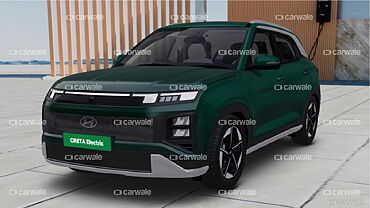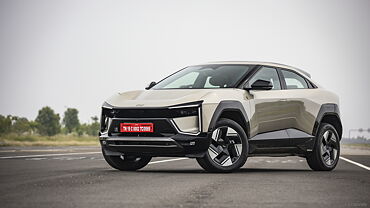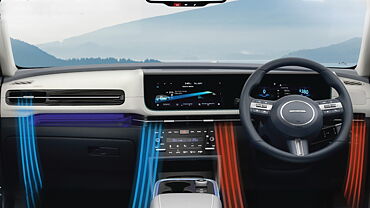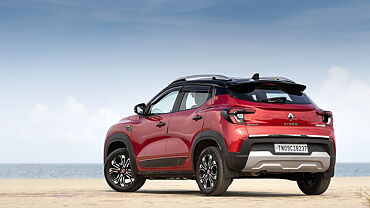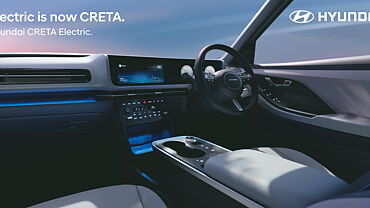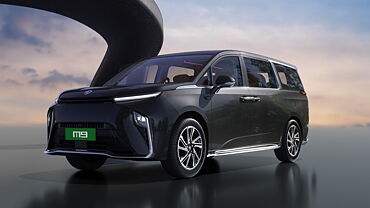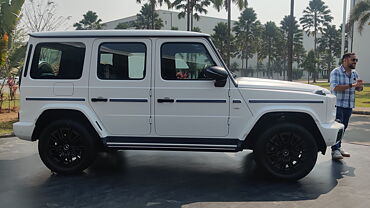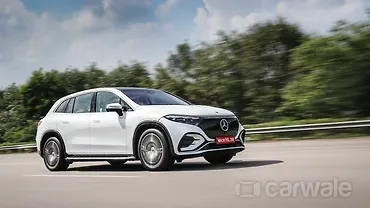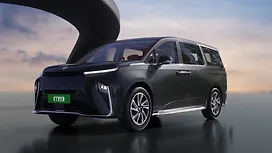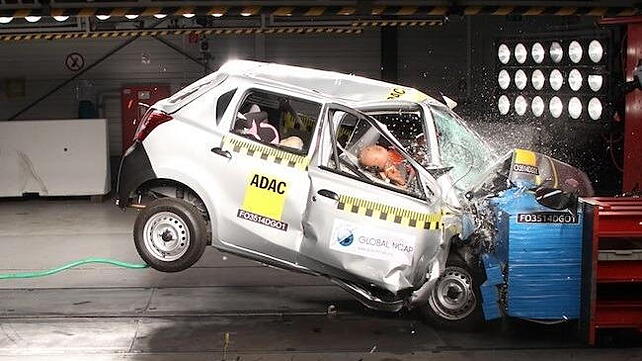
According to reports, Maruti Suzuki Swift and the Datsun GO, were tested by Global NCAP to see how road-worthy and how safe the passengers were to be in the likelihood of an accident. They failed the test.
The Global New Car Assessment Programme, (NCAP) last year, tested five hatchbacks that were made in India. They took up this segment because the small car segment is pretty popular with Indian car buyers. The base models of the cars were tested and they are popular for their consumer-friendly features. The cars - the Tata Nano, Maruti Suzuki Alto 800, Ford Figo, Volkswagen Polo and the Hyundai i10 - all ended up failing the NCAP test.
For a second round of tests, the Maruti Suzuki Swift and the Datsun GO were picked up by the NCAP. One is a favourite of the customers and the other is a new entrant.
The Datsun GO is a cheap entry car, competing with the Hyundai Eon and now the new Maruti Suzuki AltoK10. The results of the test said, “Poor protection for passengers and the body shell rated unstable.” The driver-side was extremely vulnerable. All the tests were conducted with the car at a simulated speed of 64kmph. The car came back with zero star rating.
For the Swift, which runs on our roads, analysis showed the crash-test-dummies having sustained near-fatal injuries, more so in the case of the driver. The car's structural integrity was also deemed as unstable. Two variants of the car were tested - one exported by Maruti to Latin America and another which sells as the base variant here in India. Latin American market regulations mean that car's base variant too has airbags/ABS, while in India neither is standard. The Latin American export Swift got a 3-Star rating, chiefly due to the presence of airbags/ABS, which meant fewer injuries to the crash-test-dummies. But structurally that car performed similarly to the other Swift.

This only goes on to reflect India’s record of having the world’s worst vehicular traffic safety record with the country registering the highest number of road deaths. The government has been pretty lax about the whole matter and has only year-after-year provided statistics for road fatalities and false promises of change. Again we have a proposed Road Transport and Road Safety Bill in the pipeline and hopefully, the new laws might just change things from the past.
OEMs have been offering safety in more expensive variants and so many people cannot afford it. This has to be changed and a probable solution, according to Pawan Goenka, President of the Automotive & Farm Equipment Sectors, Mahindra and Mahindra, lies in reducing the cost of these safety equipment. He also suggested that maybe an exemption of the excise duty or VAT on these equipment would make it easily available for the manufacturers and thus making airbags and ABS common. However, the matter is not that simple as it seems, other costs and structural issues will pose a problem.
As pointed by Goenka, the lead time taken to put this into effect will be long. In this process, the basic structure of the car has to be changed to make a change. This will take almost three to five years to make changes in the production cycle.
Car manufacturers are still divided on the need for safety regulations but this is a necessity as India does not have even minimum regulations. There is a draft bill on road safety that has been prepared by the NDA government, and has been sent to the Parliament. Sharing details of the new bill with NDTV, the Road Transport Ministry says it proposes the setting up of an India NCAP and adoption of safety standards that will mirror what's currently mandated in Western Europe.

